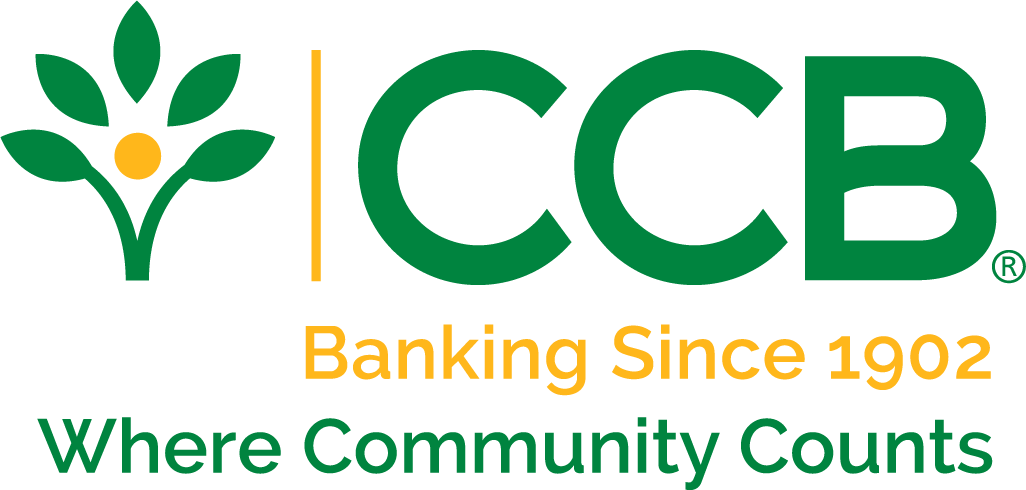How to Keep Your Information Safe: Understanding Spoofed Phone Calls and Protecting Yourself- Tips and Information from your CCB team
In today’s digital age, protecting your personal information has never been more critical. Criminals are becoming increasingly sophisticated, employing tactics such as spoofed phone calls to steal sensitive data. At CCB, our teams work diligently to safeguard your information and help you stay protected. Here’s what you need to know about spoofed phone calls, how they operate, and the steps you can take to protect yourself.
What is a Spoofed Phone Call?
A spoofed phone call occurs when a criminal disguises their phone number to make it appear as though it is coming from a trusted source, such as a bank, government agency, or even a familiar contact. The goal of these calls is to deceive you into divulging personal information, such as account numbers, Social Security numbers, or passwords.
Tips to Keep Your Information Safe- To help you stay protected, here are some essential tips from our CCB team to guard against scammers:
Don’t Answer Calls from Unknown Numbers
If you receive a call from an unfamiliar number, the safest course of action is not to answer. If it’s important, the caller will leave a message.
Hang Up Immediately
If you do answer and the call seems suspicious, hang up right away. Scammers often use tricks to engage you in conversation or to confirm your number as active.
Ignore Instructions to Press Button
If the caller or a recorded message instructs you to press a button to stop receiving calls, do not comply. This is often a tactic used to identify potential targets. Simply hang up.
Do Not Respond to Questions
Avoid responding to any questions, especially those that can be answered with “yes” or “no.” Scammers can record your response and use it to authorize fraudulent charges.
Never Give Out Personal Information
Never share personal details such as account numbers, Social Security numbers, passwords, or any other identifying information in response to an unsolicited or suspicious call.
Verify the Caller’s Identity
If the caller claims to be from a legitimate institution and requests information or payment, hang up and call the institution directly using a number from your account statement, the phone book, or the institution’s official website. This is the best way to ensure the request is genuine.
Set a Password for Your Voicemail
If your voicemail account doesn’t have a password, set one up immediately. Some voicemail services may allow access if the call comes from your number. A hacker could spoof your number and gain access to your voicemail if it’s not secured with a password.
Report Suspicious Calls
If you feel uneasy about any information you may have provided over the phone, contact the institution involved immediately and report the incident, especially if you shared personal details. Need CCB’s contact information? Just click HERE!
Be Cautious with Immediate Information Requests
Scammers often use urgency to pressure you into sharing information or making a payment. Be cautious of any caller demanding immediate action.
At CCB, Your Safety is Our Priority
At CCB, our teams work tirelessly to protect your information and keep you safe from fraudulent activities. By staying vigilant and following these tips, you can significantly reduce your risk of falling victim to phone scams. Remember, we are here to support you. If you ever suspect you have received a spoofed call, report it immediately, and take steps to safeguard your information. CCB is committed to your security, and together, we can keep your information safe. You can also explore our website to view other additional resources that CCB provides to help you keep your information safe. Together we can work to stay safe and stay informed!

